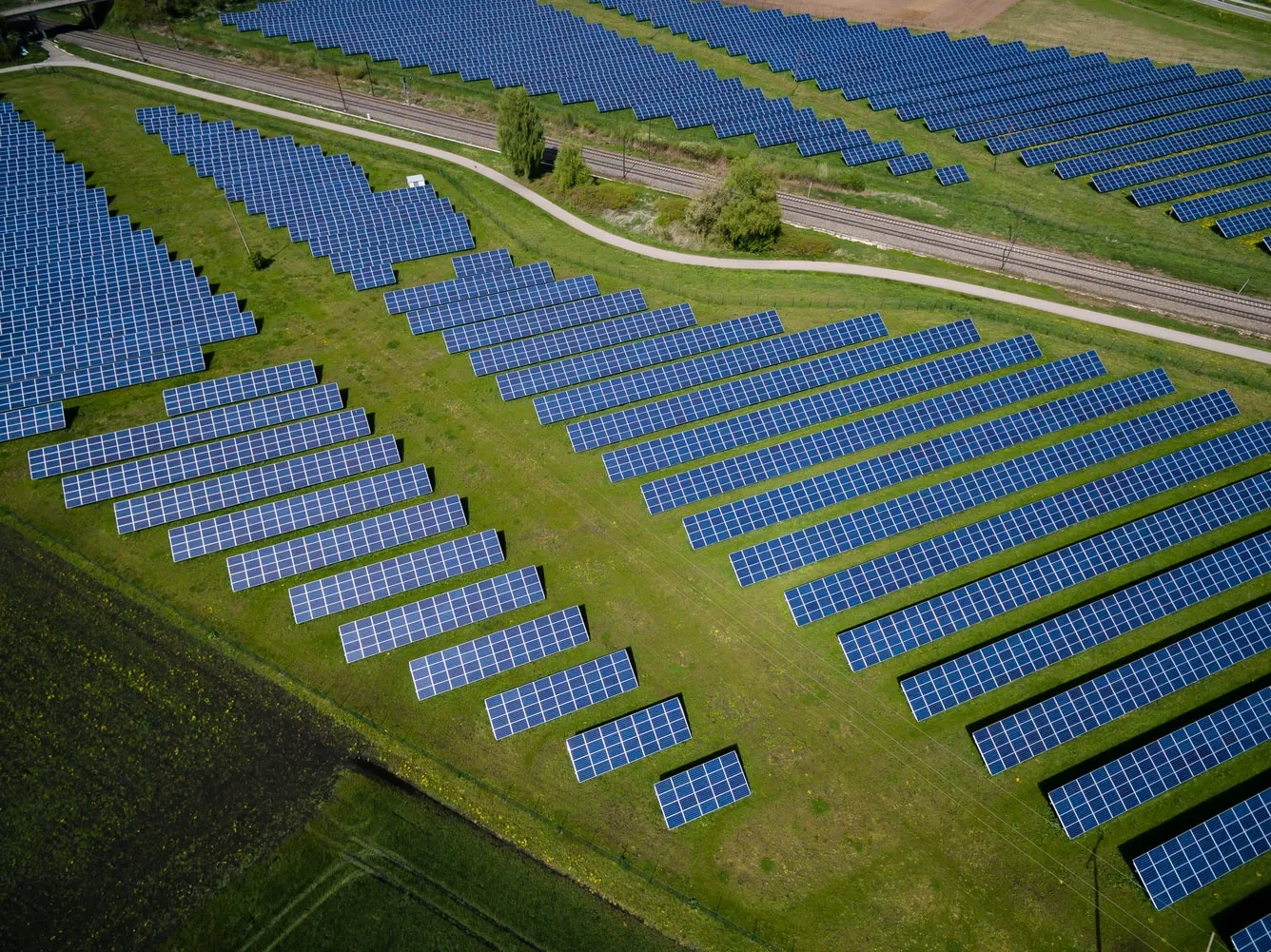EAI also attended day two of the Energy Ireland conference. Key discussions revolved around grid development, evolving market designs, and the profound impact of the AI revolution. While significant strides in decarbonisation were celebrated, the sessions also highlighted the complex challenges and emerging opportunities that will shape the sector’s trajectory in both the near and long term. Here are some of the highlights for the EAI staff that attended:
- Ireland’s Electricity Sector: Progress, Innovation, and Challenges Ahead
Ireland’s electricity sector has achieved a remarkable 30% decarbonisation over the last five years, even as demand has risen. According to Paddy Hayes (ESB), net-zero by 2050 is still possible, but the decarbonisation of electricity must come first. The recent closure of Moneypoint in June, the country’s last coal-burning power plant, marks a significant milestone in this transition.
A critical hurdle on this path is developing scalable long-duration energy storage (LDES), with national storage capacity needing a 500-fold increase to meet future needs. However, innovative projects are emerging. One such initiative is Europe’s first iron-air battery at Ballynahone, a project led by Future Energy Ireland, a joint venture between ESB and Coillte.
- The AI Revolution and the Energy Sector
A recurring theme was the unprecedented growth in electricity demand, which is projected to double by 2036. Much of this surge is driven by data centres, which now consume over 20% of Ireland’s national electricity—a figure Paul Deane of University College Cork noted is significantly higher than global norms.
Speakers warned that Ireland faces tough choices as AI and data centre growth strain scarce energy resources. Craig O’Mahoney (Ireland Amazon Web Services) noted ChatGPT’s record-breaking rise, over 5,000 generative AI startups, and 70% of CEOs ranking AI as a top priority. While AI could cut emissions by up to 10% if used wisely, panellists stressed the need for urgent, realistic policy, stable leadership, public trust, and clear standards to balance flexibility, sustainability, and economic gains.
- Grid Resilience and System Flexibility in a Changing Energy Landscape
Several experts underlined the need for infrastructure resilience, particularly in light of increasing extreme weather events. ESB has submitted a five-year investment plan to the CRU focused on storm resilience, while EirGrid plans to invest €3 billion in wind development.
Experts highlighted the curtailment of renewables as a major obstacle, reinforcing the need for LDES. A smarter, more flexible energy system is seen as essential. The key strategies that speakers outlined were 1) strategic locational planning, 2) expanding interconnection (you can find the EAI’s position on interconnection on our website), 3) exploring grid-forming technology and AI-driven assessments, and 4) implementing dynamic pricing and smarter tariffs to enhance efficiency and demand-side participation.
- Market Design, Curtailment, and the Role of Consumers
Discussions on the evolving electricity market focused on balancing decarbonisation, decentralisation, and digitalisation. The curtailment of renewables remains a major obstacle, making investment in long-duration energy storage (LDES) critical. For example, Ireland’s fast-growing solar sector set record outputs in May and June but is also contending with dispatch-down challenges. Speakers advocated for dynamic pricing and clearer market signals to unlock 24/7 clean energy solutions. They also called for shifting consumer demand habits through education and incentives, highlighting that smart technologies and transparent data use are key to a sustainable energy transition.
- Strategic Decisions and the Bigger Picture
Ireland is at a strategic crossroads, with data centres currently consuming over 20% of national electricity and decisions around planning capacity and energy allocation becoming politically sensitive. While electrification of transport and heating has resulted in net GHG reductions, demand surges are testing the system’s limits. Speakers called for government action with realistic and long-term policies. Tony Roulestone from the University of Cambridge discussed how nuclear energy is re-entering global conversations, with its potential for clean, secure power but investment and expertise gaps remain in Ireland. As AI reshapes energy management, it brings both promise and public hesitation. Clear governance, education, and coordinated investment will be vital to aligning Ireland’s ambitious climate targets with real-world capability.

